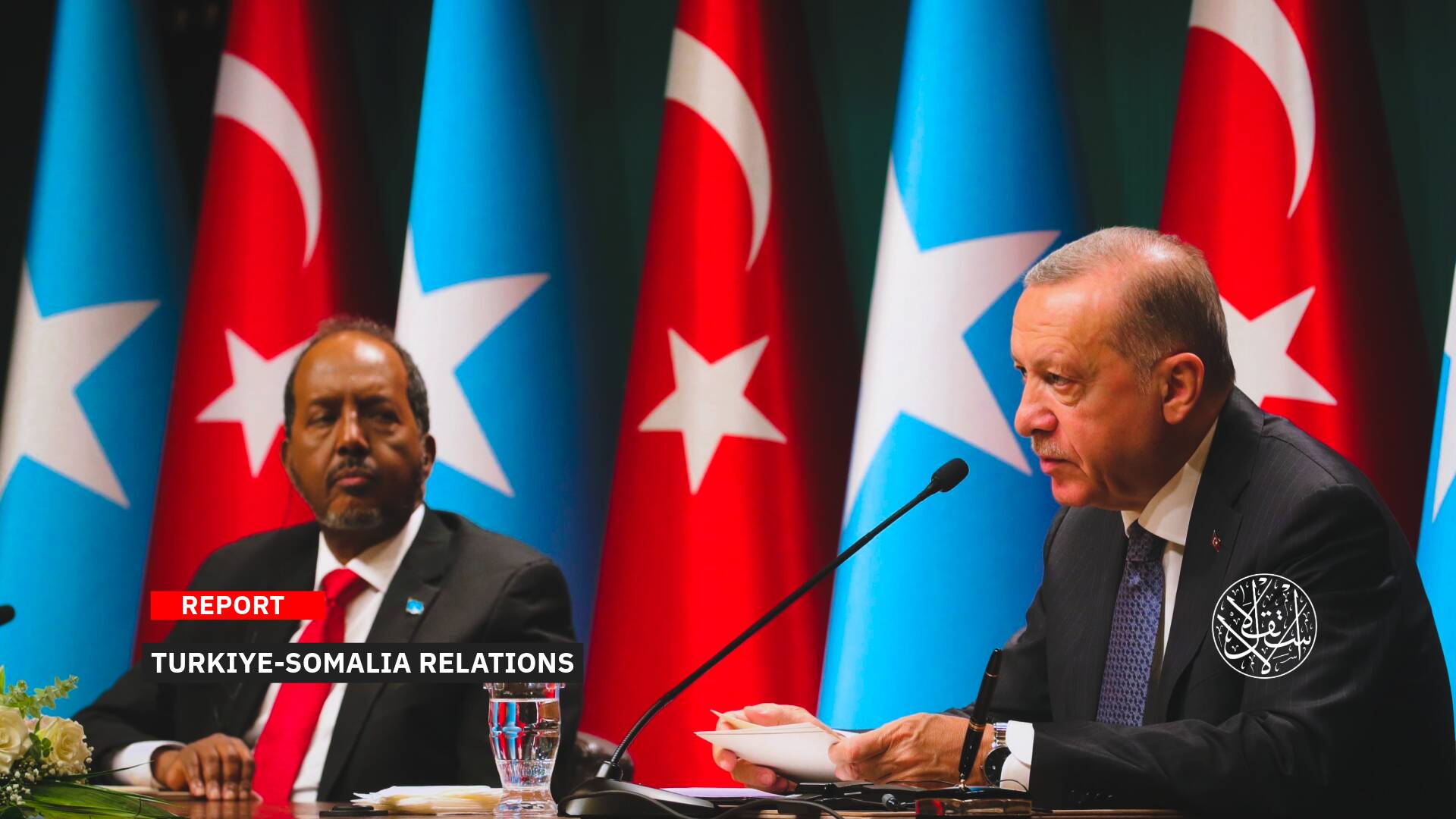Egypt is Buying Spy Tech from Israeli Companies

Yedioth Ahronoth published a report where it said that Sisi's regime in Egypt uses the Predator spyware, produced by the Israeli cyber company Intellexa, to spy on dissidents.
According to the investigation, the Sisi regime used Israeli software to spy on Egyptian dissidents, including Ayman Nour, which was confirmed by the Citizen Lab Institute.
Intellexa founder Tal Dilian, a graduate of the assassination squad of the occupation army known as Sayeret Matkal, led the technological Unit 81.
The governance systems that use the software pay the company €16 million for hacking 400 phones and emptying them of information.
The company's Arab customers are Sudan, Saudi Arabia, and Oman, although Jordan, Morocco, and other Arab countries are customers of the cyber company NSO, which produces the Pegasus spyware.
Commenting on the news, Saleh Alnaami tweeted: "To know the difference between living under a dictatorship and a democracy, Greece fired its intelligence chief after it was found that he had used the Israeli program to sit down with the opposition leader, where Arab dictators continue to use the program as if nothing had happened."
NEW REPORT
— Citizen Lab (@citizenlab) December 16, 2021
Pegasus vs. Predator: Dissident’s Doubly-Infected iPhone Reveals Cytrox Mercenary Spywarehttps://t.co/58G8tpWXkG
Dissidents Surveillance
Predator malware, created and marketed by previously unknown mercenary spyware developer Cytrox, was used to hack two Egyptians: exiled politician Ayman Nour and the host of a well-known news program (who desires to stay nameless).
According to the report, Ayman Nour's phone was concurrently infected by two different government clients' spyware programs, Predator from Cytrox and Pegasus from NSO Group.
In June 2021, Predator successfully breached both targets, and the spyware was able to infect one of the iOS operating system's most recent versions (14.6) using single-click links received via WhatsApp.
Predator's "loader," the first stage of the spyware, was sampled, and its operation was examined. Using the iOS automation function, we discovered that Predator remains active after a reboot.
Cytrox searched the Internet for Predator spyware servers and discovered possible Predator customers in Serbia, Egypt, Armenia, Greece, Indonesia, Madagascar, Oman, and Saudi Arabia.
According to rumors, Cytrox is a member of Intellexa, the so-called "Star Alliance of spyware," which was established to take on NSO Group and advertises itself as "EU-based and regulated, with six facilities and R&D labs throughout Europe."

Sisi's Surveillance Crusade
In March 2014, Amesys sold a large-scale electronic surveillance system to the Egyptian government, estimating the equipment sold at €10 million paid by the UAE and donated to Abdel Fattah al-Sisi "so that he can use it in his campaign against the Muslim Brotherhood," as revealed by the French magazine Telerama.
But what is the Egyptian government really doing with this regulatory equipment? The deal appears to be only one in a series of authoritarian repression aimed at turning Egypt into a major prison: Sisi already monitors artworks, publishing houses, research centers, satellite channels, mosques and places of worship, civil society organizations, and phone calls.
Therefore, in this authoritarian context, Patrick Baudouin, lawyer and honorary president of the International Individuality for Human Rights, stated that "placing such sequential oversight tools in the hands of the Sisi regime, while the repression is most intense, not only amounts to appalling recklessness but may constitute a criminal act.
"That is why we call on the French justice community to expand the ongoing investigation into what was sold to Libya to include support for the Egyptian repressive machine."
Censorship has expanded in an unprecedented way, then, under Sisi, it seems that there is no room left for electronic space freedom until the citizen is totally exposed in front of their government.
New Legislations
Egyptian authorities recently passed new legislation allowing mass censorship on independent news platforms and pages belonging to human rights groups.
This legislation does not appear to have real value, as Egypt's security services have already blocked at least 504 sites without judicial authorization or supervision since April 2017.
Egypt's parliament adopted these new laws without any consultation with civil society or journalists, mainly under the pretext of "counterterrorism" measures, an argument Sisi has always offered to justify the expansion of censorship in his country.
In August 2018, the government censorship step took on a new dimension, and Sisi ratified a law to tighten censorship of the Internet and personal accounts with more than 5,000 followers. It also gave the government the right to prohibit or prosecute any account that "threatens national security" and try it before Egypt's criminal courts.
Najia Bounaim, Amnesty International's North Africa Campaigns Director, commented on the censorship, saying: "The Sisi administration punishes peaceful dissent and political activists with false anti-terrorism legislation and other vague laws, which consider any objection to being a criminal act.
"The newly adopted laws on media and cybercrime impose absolute control by the Egyptian authorities on print, electronic, and radio media," she added.









